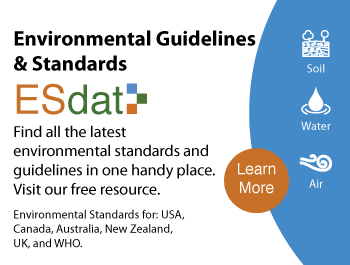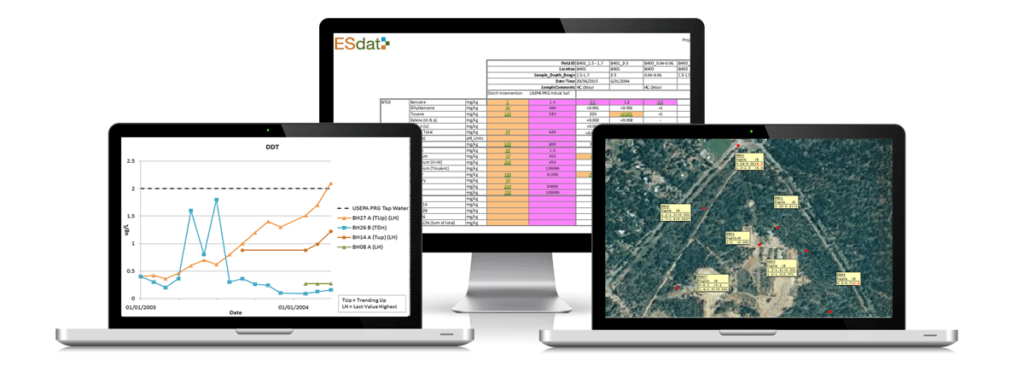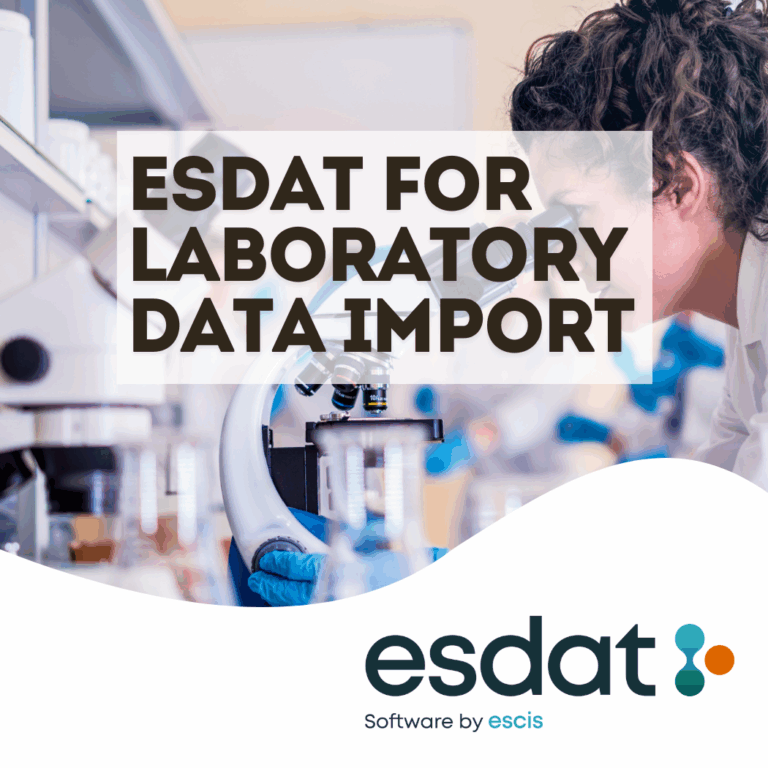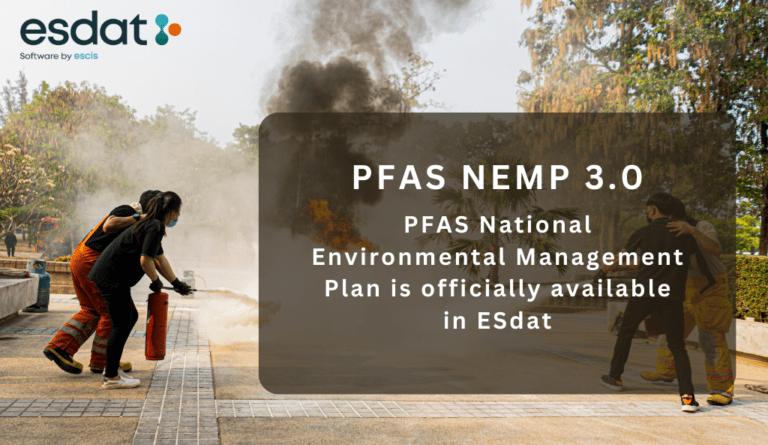The British Columbia (BC) Water Quality Guidelines (WQG) was developed by the BC Ministry of Environment and Climate Change Strategy (ENV), and it provides the safe levels for substances to enforce protection of water used for drinking, agriculture, aquatic life, recreation and wildlife. The Environmental Management Act provides the basis for the formation and implementation of WQG through Section 5(e). WQG influences policy-making in matters involving water quality. They also serve the purpose of fostering water stewardship, protecting water values, informing the public about the state of water quality, provide the foundation for water quality objectives, and provides direction in environmental impact assessment.
The BC Ministry of Environment and Climate Change Strategy developed the source drinking water quality guidelines (SDWQGs) as part of WQG. The SDWQGs are focused on the reduction of risks regarding current and future drinking water sources. They are applied in coming up with waste management permits, plan and operating certificates, and approvals. The British Columbia WQG provides the estimated low-risk levels for physical, biological and chemical attributes essential for marine and freshwaters.
The WQG provides maximum allowable concentration for various substances such as aluminium, chloride, arsenic, cadmium, mercury, nitrate, zinc, and sulphate. It, therefore, governs multiple water uses to enforce the protection of human health, wildlife and the environment from pollution and harmful substances. The BC WQGs apply to water providers, property owners and contractors, farmers, waste management facilities, and policymakers. They are regularly reviewed and updated to reflect emerging data and information on water quality.
The British Columbia (BC) Water Quality Guidelines (WQG) are now available in ESdat. ESdat is a specialist environmental database system; used to validate and import a broad spectrum of Environmental Data and to help users analyze and report it.

ESdat Online delivers a highly cost-effective and efficient approach to store your ongoing monitoring environmental data, optionally with a historical data upload provided as a getting started service. ESdat Online is perfect if you want a cloud-based system that collates and reports your ongoing laboratory and field results.
ESdat Server provides the advantages of ESdat Online with the option of adding ESdat Desktop for data experts to upload their historical data, effectively interrogate the raw data being used within the database, and automatically launch and send data to other Desktop Applications such as Surfer, ArcGIS and Excel.
A variety of complementary products are also available to help with related work, such as sample planning and electronic Chain of Custody (LSPECS), offline field data collection or bore logging (pLog), production of bore logs (ESlog) public portals and customized reporting.

All compiled environmental guidelines and standards are shown on the ESdat website. These are pre-loaded into ESdat Online.
References
BC Ministry of Environment & Climate Change Strategy (2019). British Columbia Approved Water Quality Guidelines: Aquatic Life, Wildlife & Agriculture. Retrieved from https://www.esdat.net/Environmental%20Standards/Canada/BC/2019/BC_WQG_2019_Aquatic_Life_Wildlife_Agriculture.pdf
Government of BC (2021). Approved Water Quality Guidelines. Retrieved from https://www2.gov.bc.ca/gov/content/environment/air-land-water/water/water-quality/water-quality-guidelines/approved-water-quality-guidelines






